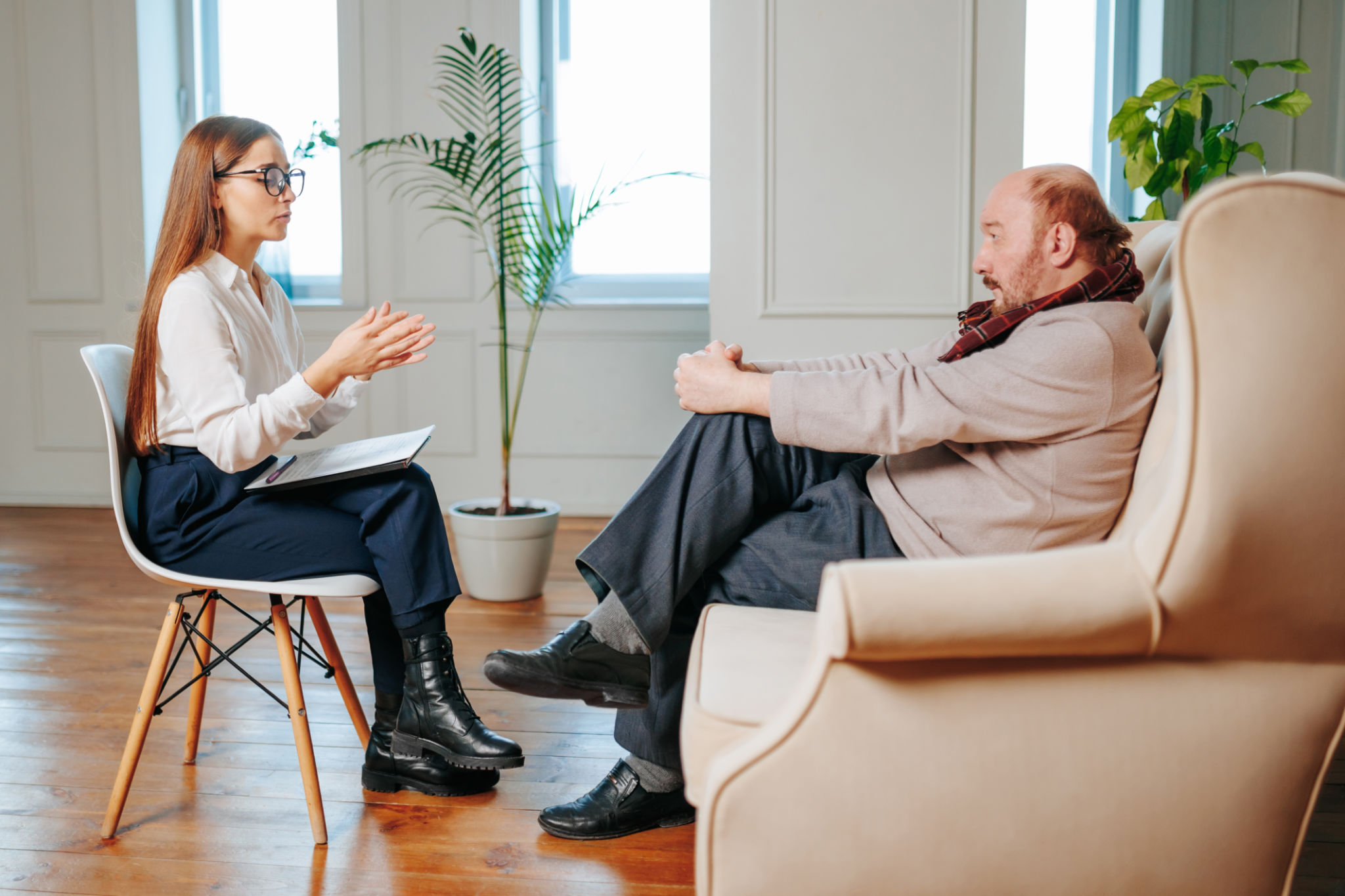Creating Your Personal Peace: What to Expect from a Conversation Session
Understanding the Concept of a Conversation Session
In today's fast-paced world, finding personal peace can feel like a daunting task. One effective approach to achieving this tranquility is through conversation sessions. These sessions are designed to help individuals explore their thoughts and emotions in a safe and supportive environment. But what exactly can you expect from a conversation session?

At its core, a conversation session is a guided dialogue between you and a trained facilitator. The goal is to help you gain insights into your mental and emotional state, empowering you to make positive changes in your life. Through active listening and thoughtful questioning, facilitators guide you on a journey of self-discovery.
The First Meeting: Setting the Stage
Your initial conversation session typically begins with establishing a comfortable atmosphere. This might involve a brief introduction and an outline of what the session will entail. The facilitator will explain their role and how they plan to support you throughout the process.
It's crucial to keep an open mind during this stage. Remember, the purpose is not to judge or provide solutions, but to explore your thoughts and feelings. You might be asked to set goals or identify areas of your life that you wish to improve.
Engaging in Meaningful Dialogue
As the session progresses, you'll engage in meaningful dialogue centered around your personal experiences and challenges. The facilitator will encourage you to express your thoughts freely and honestly. This openness is key to uncovering underlying issues that may be affecting your peace of mind.

Through this dialogue, you might discover patterns or beliefs that have been holding you back. A skilled facilitator will help you recognize these patterns and explore alternative perspectives, fostering personal growth and healing.
Developing Strategies for Peace
Once you've explored your thoughts and emotions, the next step is to develop strategies for achieving personal peace. This might involve setting new boundaries, practicing mindfulness, or adopting healthier habits. The facilitator will guide you in creating a personalized plan that aligns with your goals.
These strategies are not one-size-fits-all solutions but tailored approaches that resonate with your unique needs. By committing to these strategies, you take proactive steps toward enhancing your mental well-being.

Sustaining the Journey
Creating personal peace is an ongoing journey. After the session, it's important to implement the strategies discussed and reflect on your progress. Follow-up sessions can provide additional support and guidance as you navigate this path.
Remember, achieving peace is not about perfection but progression. Celebrate small victories and remain patient with yourself as you continue to learn and grow.
The Benefits of Conversation Sessions
Engaging in regular conversation sessions can offer numerous benefits, including improved mental clarity, enhanced emotional intelligence, and increased resilience. By prioritizing your mental health, you pave the way for a more balanced and fulfilling life.
If you're seeking personal peace, consider exploring conversation sessions as a tool for transformation. With the right guidance and mindset, you can create a life filled with tranquility and purpose.